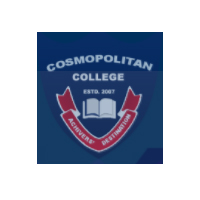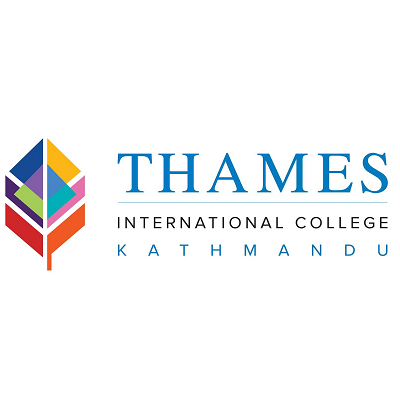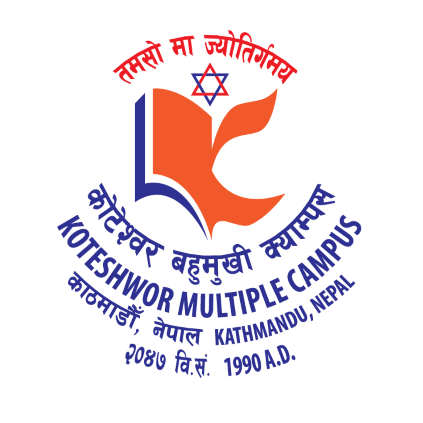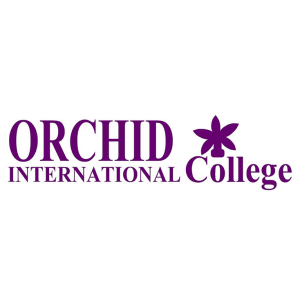Overview
Bachelor of Arts in Gender Studies (BA-GS) at K and K International College, New Baneshwor, Kathmandu
The Bachelor of Arts in Gender Studies (BA-GS) at K and K International College (K&K), New Baneshwor, Kathmandu, runs under Tribhuvan University’s Faculty of Humanities and Social Sciences. The program examines gender in family, work, education, health, media, culture, and public policy in Nepal and beyond.
The college location opposite the International Convention Centre (BICC) supports daily commuters. Library access, computer labs, and scheduled classrooms help you manage readings, short analyses, and presentations on time.
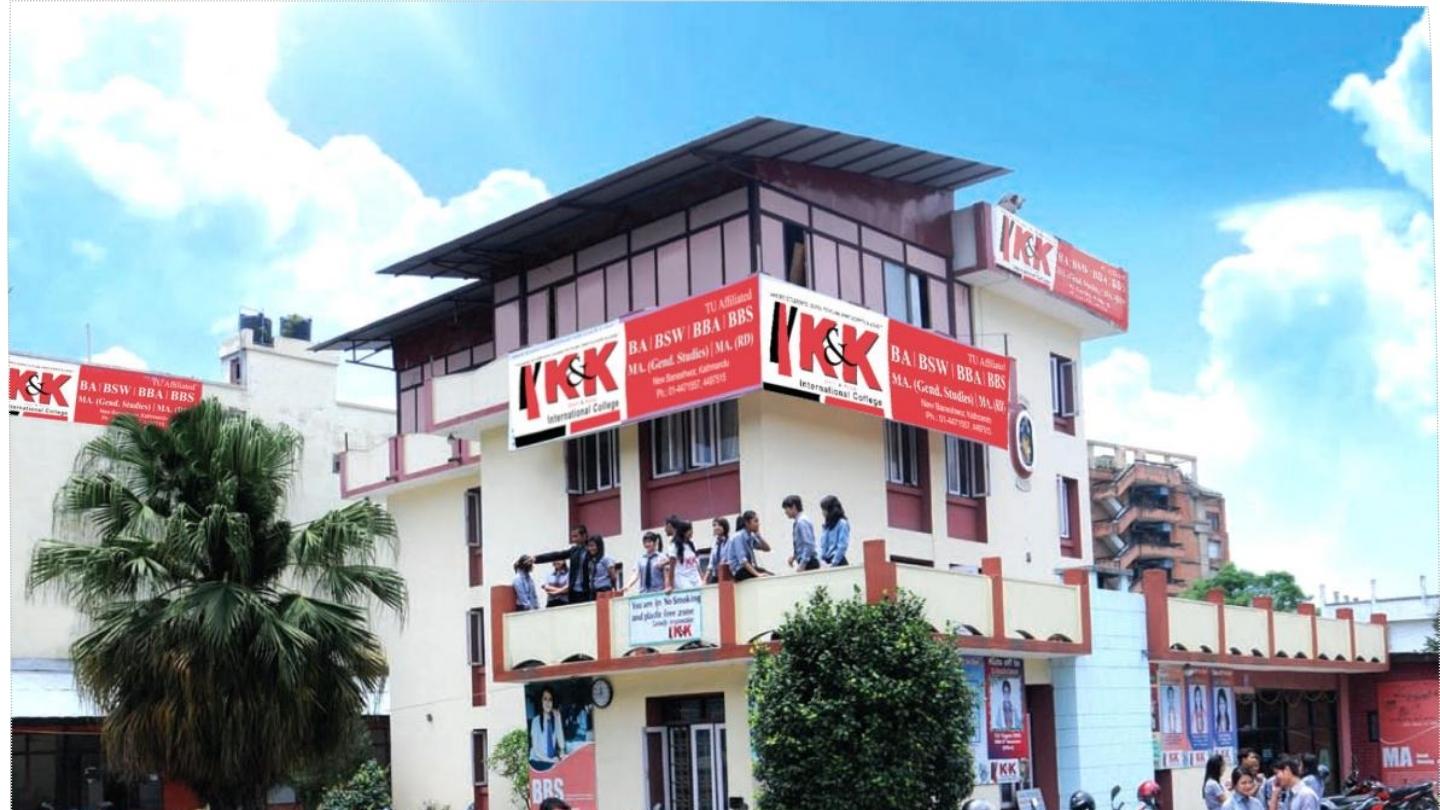
Overview
This profile gives you clear, course-focused information for planning study and career steps. The BA-GS at K&K follows TU rules for curriculum and evaluation. Learning moves from core concepts and frameworks to practical tasks such as policy notes, content analysis, community observations, and brief research write-ups. Students practice careful reading and plain-language reporting suited to academic and field settings.
Highlights
-
Program length: Four academic years under Tribhuvan University
-
Affiliation: Faculty of Humanities and Social Sciences (FoHSS)
-
Academic focus: Gender theory, gender and development, labor and care, law and policy, health and education, media representation, research methods
-
Learning mode: Classroom study with applied tasks, short field-linked assignments, and seminar-style presentations
-
college support: Library access, computer lab, scheduled classrooms, clubs and sports in New Baneshwor (opposite BICC)
Curriculum Details
Teaching follows TU’s four-year BA framework. Coursework progresses from foundations to applied modules and ends with guided research and concise reporting.
Foundations
Students study key terms and debates in gender studies. Topics include social construction of gender, intersectionality, division of labor, and public versus private spheres. Short assignments ask you to define terms, contrast viewpoints, and connect ideas to Nepal’s contexts through brief examples.
Gender and Development
Modules link gender to livelihoods, migration, remittance economies, microenterprises, and care work. Tasks include mapping time use in a household, writing a one-page note on local labor patterns, and identifying barriers to services for women, men, and gender-diverse groups.
Law, Policy, and Institutions
Classes review constitutional guarantees, sector policies, and institutional mechanisms. Students practice reading clauses and writing a policy brief that states the issue, cites a rule, and lists clear actions. Emphasis stays on accuracy and neutral language.
Health, Education, and Social Protection
Topics cover access to primary health services, adolescent health, school progression, and social protection schemes. Quick exercises include drafting a referral note format, preparing a service-directory table, and describing outreach steps for a school or ward office.
Media and Cultural Representation
Students examine news, television, film, advertising, and social media. Content analysis tasks involve coding a small sample, counting themes, and presenting findings in a short slide deck. Reflection notes explain how representation connects to attitudes and behavior.
Research Methods and Communication
Teaching covers questions, variables, sampling ideas, questionnaires, interviews, and ethical steps. Students enter data into spreadsheets, compute summaries, and produce clean tables and charts. A compact paper links a question to a method and reports one or two results.
Electives and Seminar Work
Later semesters bring focused readings and seminar-style presentations. Students prepare abstracts, lead short discussions, and submit a brief literature map that lists sources, gaps, and possible directions for a small project.
Objectives
The BA-GS aims to help students:
-
Understand key frameworks used to study gender in institutions and everyday life.
-
Analyze local situations using small data sets, documents, and clear reasoning.
-
Communicate in short formats suited to policy and program work.
-
Document field-linked tasks with dated notes, tables, and accurate references.
-
Follow ethical steps for consent, confidentiality, and citation.
Scope
Graduates work in roles that require careful documentation, policy reading, and people-centered communication. Entry points include program assistant in NGOs, education or health projects, research support, HR support for inclusion initiatives, and communication roles that need evidence-based writing. Some students pursue master’s degrees in gender studies, sociology, public administration, development studies, or education after building work experience.
Learning Outcomes
By graduation, students typically can:
-
Explain major concepts in gender theory and connect them to Nepal’s settings.
-
Draft a brief policy note that cites a rule and lists practical steps.
-
Collect small data sets and present clear tables, charts, and a short memo.
-
Review media content with a simple coding sheet and summarize patterns.
-
Present findings using a five- to ten-minute talk with clean slides and references.
Skill Development Modules
Coursework builds five habits: close reading, note-making, data handling, brief writing, and clear speaking. Instructors share a plan each term listing internal tasks and deadlines. Library sessions and lab hours support reference management, charting, and formatting.
Micro-checklist for steady progress
-
Reading log: Write a 200–300 word summary for each core reading.
-
Policy card: Keep one-page cards with citation, clause, and use case.
-
Data habit: Convert tallies into a table and add one simple chart.
-
Writing drill: Prepare a 250–400 word memo linking problem, rule, and next steps.
-
Slide practice: Present one five-minute update per course before mid-term.
Teaching Methodology
Classes combine short explanations with examples, pair activities, and small-group tasks. Internal evaluation may include attendance, quizzes, assignments, presentations, and a term paper or brief field report where assigned. The approach helps you move from definitions to applied outputs in small steps and prepares you for TU examinations.
Admission Requirements
-
Eligibility: Completion of grade 12 or equivalent from a board recognized by Tribhuvan University; documents must show subjects taken and grades or division.
-
Selection: K&K follows TU rules and may schedule a short screening or counseling session during intake.
-
Documents: Mark sheets and character certificates for grades 10, 11, and 12; recent photos; valid ID; and any forms announced for the intake cycle.
Before you apply
-
Collect records: Scan mark sheets, ID, and photos into one folder.
-
Track notices: Note submission deadlines and any screening dates.
-
Write a short note: List two topics in gender studies that interest you for discussion during counseling.
Career Opportunities
Early roles include program assistant, research assistant, communication support, training support, and inclusion focal roles in projects. Tasks may involve session logistics, participant lists, simple monitoring tools, short write-ups, and content reviews. The memos and slide decks produced during the degree become writing samples for interviews.
Scholarships and Financial Aid
Scholarship notices are issued during admission. Categories can include merit and need-based support under published rules. Students should prepare citizenship or ID, academic records, and any supporting letters requested for screening. Deadlines follow the intake calendar, so early submission helps.
Why Choose This Course?
Students who want a structured, Nepal-focused path into policy and program work find BA-GS steady and practical. The curriculum connects frameworks to tasks you will meet in entry roles: policy notes, service directories, content analysis, and short reports. The New Baneshwor college near BICC supports commuters, and college facilities—library, lab access, and scheduled classrooms—help you meet reading, charting, and presentation timelines.
Conclusion
The BA-GS at K&K follows Tribhuvan University’s framework and keeps outputs clear and usable. You learn core concepts, practice policy reading, handle small data sets, and present short findings. Consistent attendance, weekly planning, and clean documentation help you finish the degree with records—briefs, tables, and slides—that support both job applications and further study.
FAQ
What is the length of the BA-GS at K&K?
Four academic years under Tribhuvan University’s Faculty of Humanities and Social Sciences.
Does the program include applied tasks?
Yes. Assignments include policy notes, content analysis, small field-linked tasks, and seminar presentations.
Which skills matter most for early roles?
Clear writing, accurate documentation, policy reading, and basic data handling.
What kind of entry roles are common?
Program assistant, research assistant, communication support, training support, and inclusion focal roles.
Which facilities support study on college?
The library, computer lab, and scheduled classrooms in New Baneshwor support reading, charting, and presentations.



